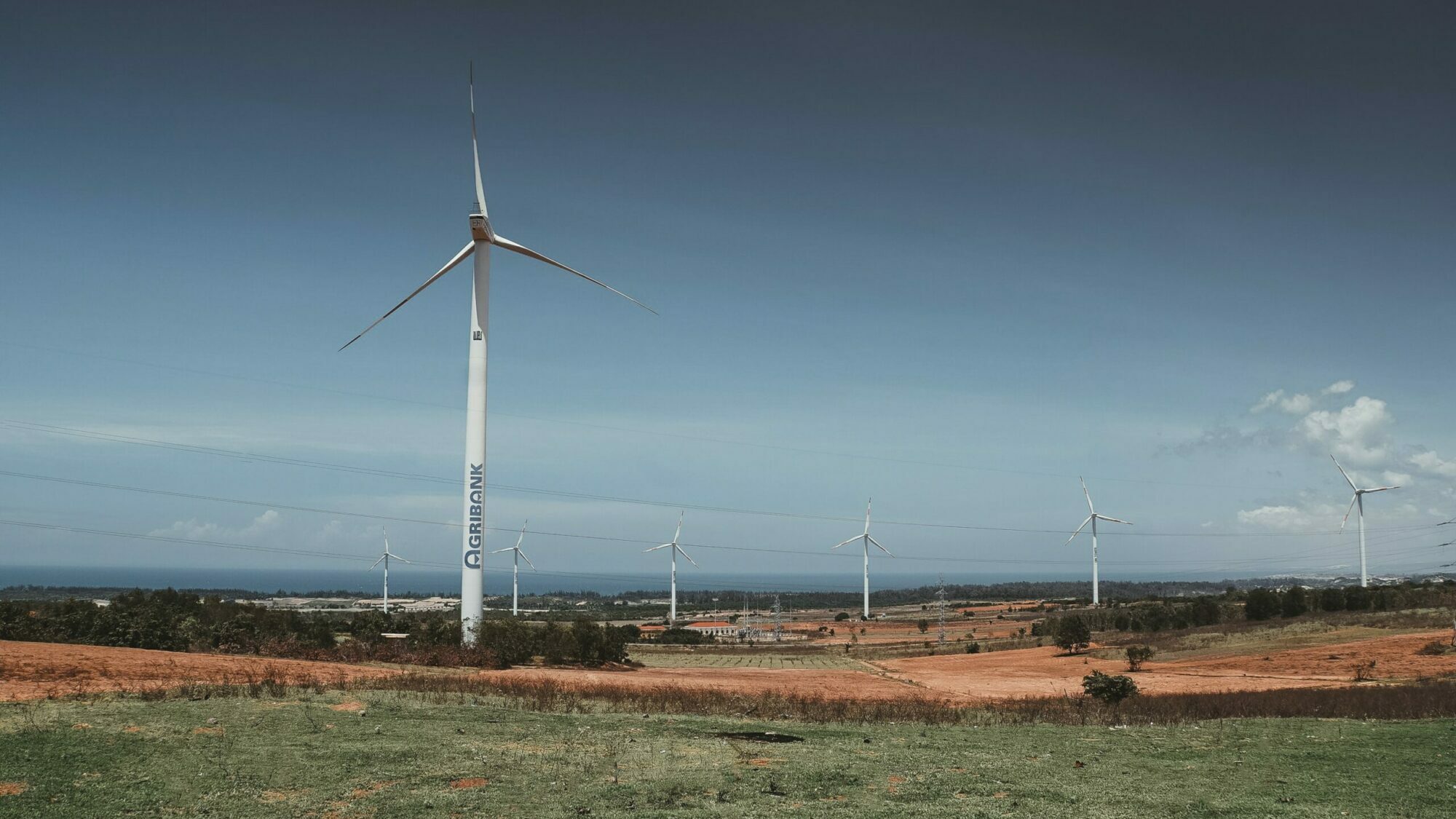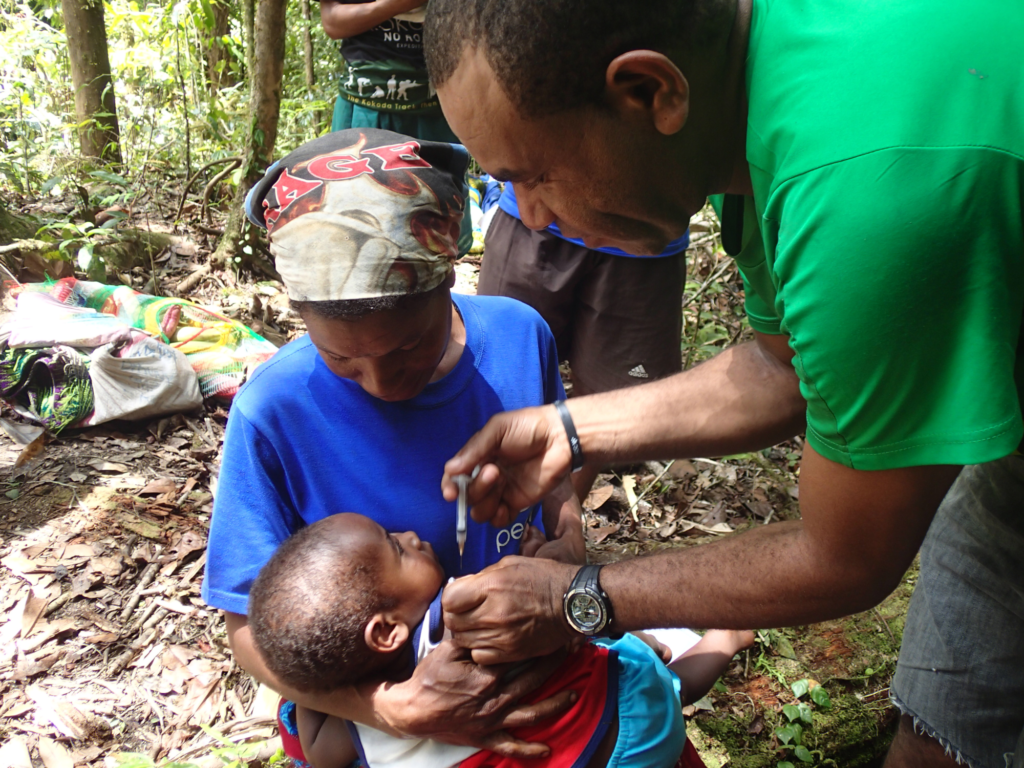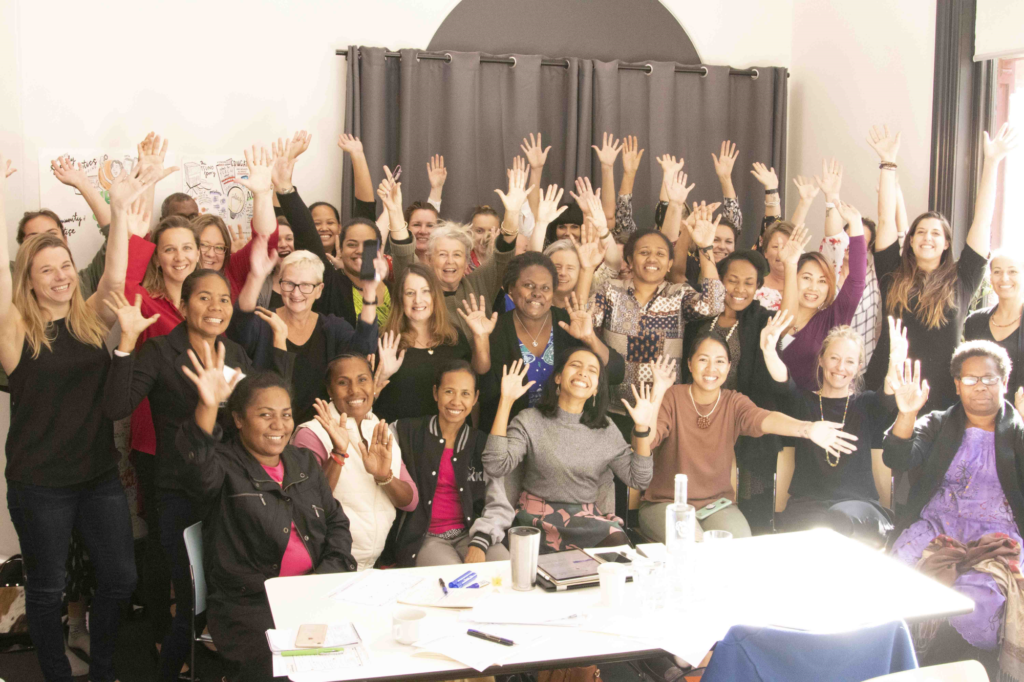

Tetra Tech’s Month of Education – a celebration of the work we do around the world to improve education for children everywhere – started on 8 September for International Day of Literacy and will finish on World Teachers’ Day on 5 October. During this time, we’ve been delving into some of the amazing stories about the people and the projects we manage on behalf of governments worldwide to support better quality and access to education for boys and girls across the globe. You can see all of our Month of Education stories here.
Across Asia Pacific, we’ve been designing and managing education programs on behalf of donors for more than 30 years. Our expertise has helped to improve education access, deliver curriculum reform, support teacher development, build and re-invest in infrastructure, review public finance management systems, manage and deliver resources and improve education governance.
In many places where we work, achieving quality education can be a significant challenge. Often, girls and marginalised groups are not always encouraged to stay in school, which has an enormous impact on those individuals’ future opportunities and livelihoods. Limited resources can also reduce the quality of an education system and access for all boys and girls, meaning communities, even nations, can suffer.
Common challenges in delivering quality education
In the Pacific, Tetra Tech manages four basic education programs on behalf of the Australian Government. With small populations, dispersed islands and limited resources, some challenges faced in improving access to—and quality of—education can be similar across Pacific Island countries. These generic challenges can have a significant impact on the ability of families to provide the opportunity for their children to attend school, to learn and to gain life and livelihood skills. The significant challenges include:
- English is a foreign language in many island communities and locations and—especially in remove communities—can be rarely used for everyday communications. Yet English is often a country’s language of education, work and required for national and international trade and communication.
- Island communities are scattered and remote, with limited access to language resources (including native English speakers) and the expense involved in accessing or purchasing resources.
- The impact of climate change is already being felt in island communities with more frequent and extreme weather events and changes to how livelihoods can be made.
These are difficult challenges for Pacific Island governments to face but they do so with donor support—including Australia as the major donor in the region—and through quality education specialists like Tetra Tech. Through our ongoing professional experience, iteratively building on lessons learned and on deepened understanding of the context of each country, our approach has resulted in innovative solutions that we believe can be applied in other geographical locations and contexts.
Challenge 1: Reducing the language barrier in education
In many Pacific countries, English is a national language and is used for education instruction in the classroom. But for many children starting school, English is a foreign language, not spoken at home. With such limited exposure to English, spoken or written, children often face complex challenges when they start school and are expected to start learning to understand, speak and write in English.
A mother tongue approach in Kiribati
In 2011 Kiribati took a significant decision in developing and then legislating a bilingual language policy. Since that time the development of teachers and materials to support this policy has been provided through the Kiribati Education Improvement Program (KEIP), managed by Tetra Tech on behalf of the Australian Government. This new Kiribati Ministry of Education’s policy featured te-Kiribati, the “mother tongue”, as the language of instruction in the early years of primary school, with a graduated introduction of English into lessons and into school life from Year 4, becoming the predominant language of instruction from Year 5.
The mother tongue policy has had immediate and long-lasting impact on the basic education systems in Kiribati. The policy and its implementation required changes to the curriculum, learning materials, teacher training and classroom teaching methods, often occurring simultaneously and in parallel to each other.
The challenge of remoteness
A successful and sustainable language policy is important in a country like Kiribati, with changes requiring well-considered strategies and approaches that take into account not only the te-Kiribati language but the geographic and environmental context. Besides the lack of English spoken in many communities and homes, the population of Kiribati is widely dispersed, with more than 120 schools spread across small islands and atolls spanning around 3.5 million kilometers of ocean. There are limited teaching and learning resources, limited native English speakers, and basic services like electricity and internet are often poor. There are limited staff qualified and experienced through Teaching English to Speakers of other Languages (TESOL) qualifications and limited resources available at classroom level.
One of the most important criteria for success was supporting the Ministry to ensure teachers themselves were enabled to transition their curriculum delivery from mother tongue into using English as the language of instruction. This included a bridging process that would help teachers to teach fully in English by the completion of primary school (Year 6). After an iterative process of adjustment and refinements, and working collaboratively with the Ministry and the Kiribati Teachers College, the KEIP team proposed two key elements for teachers to be in place to help improve teacher preparation for planning and delivering against the language policy: firstly the capacity and proficiency of each teacher in using and working in English, and secondly the teacher competence in TESOL to support the learning of English by their students.
Supporting teacher development in and out of the classroom
Tetra Tech is supporting the Ministry with development of a pre-entry English language proficiency test that can be used for teacher training college candidates and by providing all registered Year 4-6 practicing teachers with the opportunity to take English as a Second Language (ESL) and TESOL courses. This professional development approach includes a mixed mode program to support those teachers from the outer islands. The TESOL course aligns with the new primary and secondary school curriculum and teachers can practise their lesson delivery in English in their own classrooms.
Tetra Tech worked with the Ministry to consider how the staffing structure could help support the language policy. New positions of Associate Lecturers were developed and recruited, with their role being as the link between the Kiribati Teachers College (KTC) working as outreach staff in direct support to the in-service teachers in schools and clusters. The Associate Lecturers work with teachers during and after the intensive TESOL/ESL courses to upgrade the qualification. Tetra Tech is also working with the KTC to update its pre-service TESOL/ESL courses so they can be delivered flexibly.
Tetra Tech is supporting the development of an English language proficiency (ELP) test in line with Ministry of Education policy and implementing benchmarking for KTC graduates. We are training a pool of local ELP examiners to administer, mark and moderate the test, strengthening sustainability and reducing the cost associated with using external language examining agencies.
Vanuatu – a country of many languages requiring a multi-lingual approach
With Vanuatu’s 113 vernacular languages, one national (Bislama) and two official (English and French) languages, the country has the world’s highest concentration of different languages per head of population (270,400). Like Kiribati, the principle of commencing school using the mother tongue for instruction was adopted, with the transition to instruction of English or French in the later primary grades.
A challenge and an opportunity
Children in years 1, 2 and 3 are now taught in either Bislama or the mother tongue (which could be English or French depending on the local community language) and this supporting children attending school with improved engagement and learning. Working with the Curriculum Development Unit (CDU), the Vanuatu Education Support Program (VESP) managed by Tetra Tech for the Australian Government, is supporting the development, production and delivery of new teaching guides and supporting materials to the 430 Ministry supported primary schools and their classrooms.
Anecdotally, Ministry and CDU staff report that children now enjoy coming to school and trying to work out how to read any text they come across—labels, classroom displays—in their mother tongue, then transition over the primary years into English or French. The true impact of the policy will not be visible for several years—giving time for children to progress from their mother tongue instruction to English or French.
In the future there will be a changed focus as the reform starts to enter the middle and senior primary years. As is the case in Kiribati, the capacity of teachers to converse and work in English or in French, as well as their ability to teach English and French as a second language, will become a focus for teacher training and professional development, as well as the materials provided in the classroom. Where possible, lessons learned in Kiribati—in how best to upgrade teacher language capacity and distribute media learning resources that have native speaking content—will be provided for consideration.

